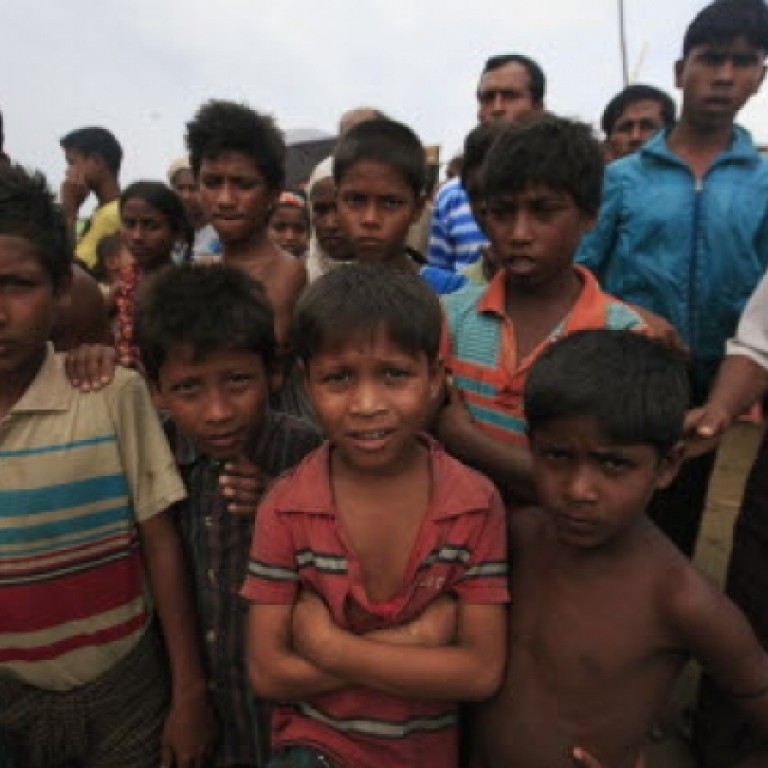
Left to fester, Rohingya crisis will serve the radical cause
Priya Virmani calls for political will, not just from Myanmar, to solve the problem
Crimson blobs and droplets on white marble, ensconced by Buddhist architecture. A short distance away, a magnificent Bodhi tree looks over the scene. This is the image being broadcast by the Indian media following the bomb blasts at the Mahabodhi Temple in Bodh Gaya, Bihar. It was under a Bodhi tree there that Prince Siddhartha was believed to have gained enlightenment.
Indian politicians with an eye on elections next year have been quick to seek to gain political mileage from the situation. A blame game is under way. Such myopia makes understanding the issue or finding a solution almost impossible.
Claims of lax security at the temple, despite threats by Muslim jihadists of imminent attacks on Buddhist sites in India, are in overdrive. Yet few have asked why such threats were issued in the first place.
Islamic jihadists have openly blamed India for colluding with its neighbour, Myanmar, in the persecution of Rohingya Muslims. The Rohingya populate the western Burmese state of Rakhine. Their origin is hotly disputed. Some scholars have suggested they are indigenous, but Burmese authorities say they emigrated from British India in 1823 and in 1982 revoked their citizenship rights. Since then, the Rohingya have been stateless.
Restrictions imposed on them are medieval and include a lack of freedom of movement and equal opportunities in health care, education and employment.
Last year saw an escalation in the conflict between the Rohingya and the Rakhine Buddhist majority. The political motivations of the Burmese regime are known to fuel tensions between the two groups. The alleged rape and murder of a young Buddhist woman by Rohingya men in May last year led to violence that resulted in over 100,000 Rohingya becoming refugees, taking shelter in deplorable camps along the Myanmar-Bangladesh border.
Myanmar's bigger neighbours, India and China, have remained mute on human rights violations by the government. The larger international community also chooses a policy of non-interference.
However, in a global landscape marked by tensions between an Islamic ideology propounded by hardline Muslim groups and the ideology of capitalism and Western liberal democracy, the disenfranchisement of Myanmar's Muslims is adding to a dangerous precedent. Their plight makes them ideal potential recruits for terrorist outfits.
If Myanmar's transition to democracy is to be meaningful and the expansion of terrorist organisations is to be averted, then a lasting solution to the Rohingya crisis must be found.
